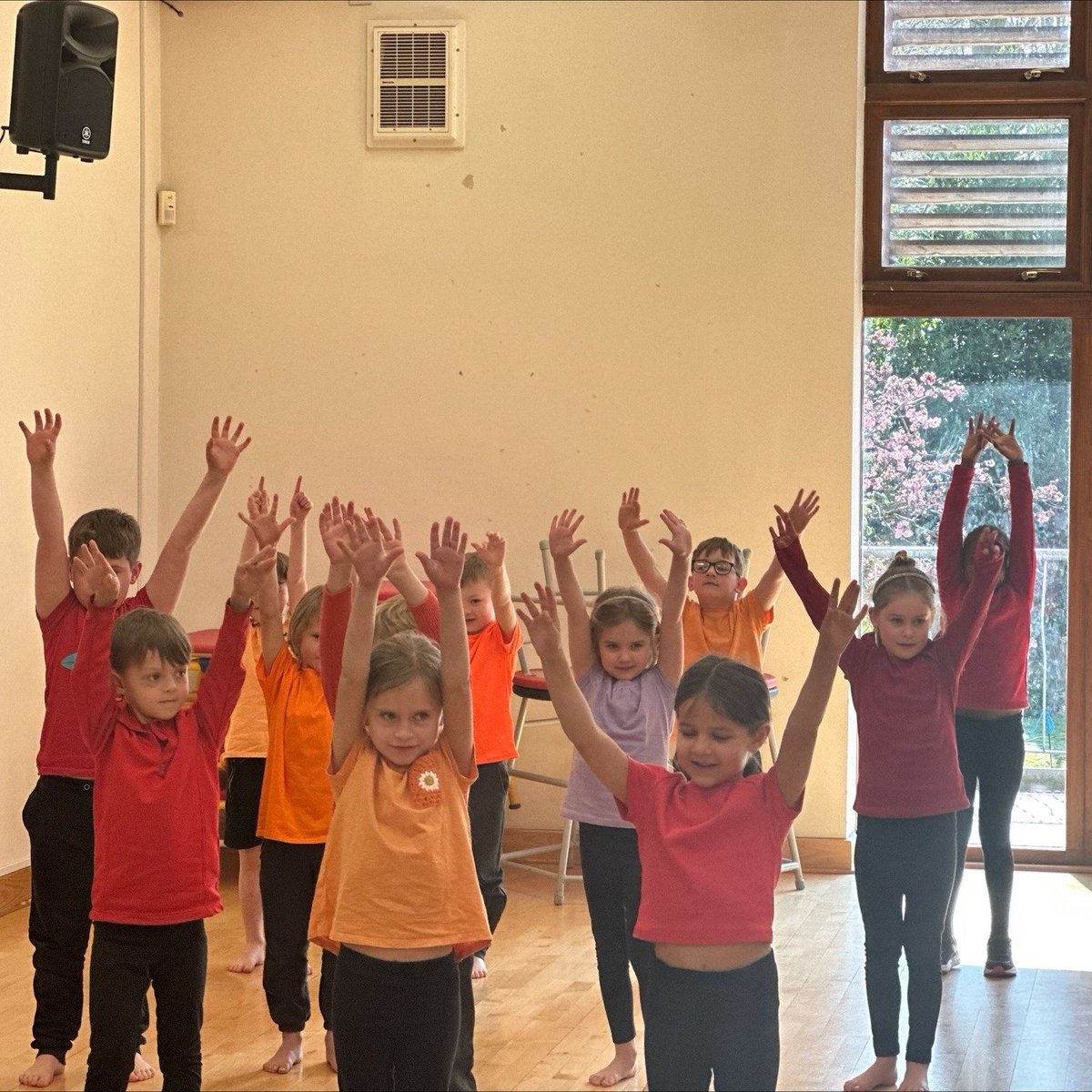Early Years Foundation Stage
Education of even a very small child… does not aim at preparing him for school but for life. - Dr. Maria Montessori
The Early Years Foundation Stage (EYFS) is the statutory framework that all early years settings must meet to ensure that children learn and develop well. It promotes teaching and learning to ensure children are ready for school and gives children the broad range of knowledge and skills that provide the right foundation for good future progress through school and life. The framework can be found here Early Years Foundation Stage (EYFS) - Schools. We teach this framework through topics that excite the children; we gather their ideas through mind-mapping and plan according to their needs and interests.
Magna Carta offers a curriculum which is broad and balanced and which promotes the spiritual, moral, cultural, mental and physical development of pupils at the school and of society. Our curriculum prepares pupils for the opportunities, responsibilities and experiences of life in the 21st century. Our curriculum comprises all learning and other experiences that we plan for our pupils. The national curriculum forms one part of the school curriculum. In addition to the national curriculum, we make provision for a daily act of collective worship and teach religious education, personal, social, health and economic education (PSHE) and sex and relationships education (SRE) to pupils at every key stage.
THE EARLY YEARS CURRICULUM
The Early Years curriculum comprises seven areas of learning covering each Early Learning Goal (ELG). To reach a Good Level of Development (GLD), pupils must achieve at least expected levels in the prime areas and in literacy and mathematics by the end of the Reception year.
The prime areas of learning:
- communication and language
- physical development
- personal, social and emotional development
The specific areas of learning:
- literacy
- mathematics
- understanding the world
- expressive arts and design
Characteristics of effective learning:
- playing and exploring
- active learning
- creating and thinking critically
Assessments are based primarily on observation of daily activities and events. Teachers and EYFS co-educators note in particular the learning which a pupil demonstrates spontaneously, independently and consistently in a range of contexts. Accurate assessment takes account of a range of perspectives including those of the pupil, parents and other adults who have significant interactions with the pupil.
For each ELG, teachers and EYFS co-educators judge whether a pupil is meeting the level of development expected at the end of the Reception year (expected), exceeding this level (exceeding), or not yet reaching this level (emerging).


























